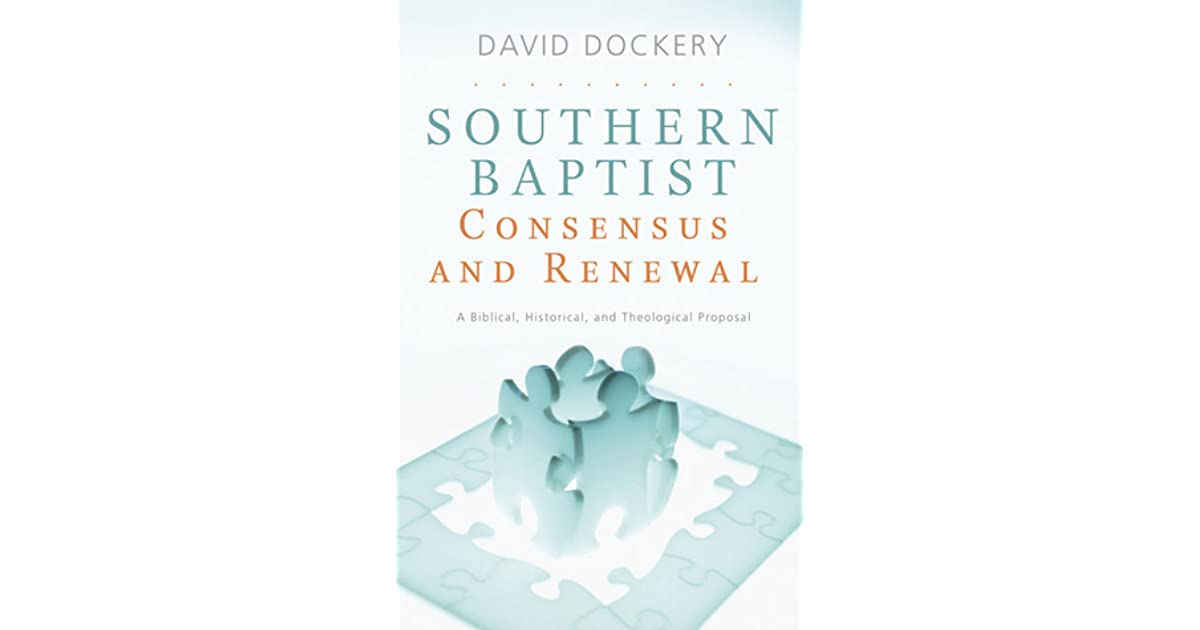In David Dockery’s book Southern Baptist Consensus and Renewal, he lists seven different groups of conservative Southern Baptists:
- Fundamentalists: hard-lined people who often have more in common with “independent” Baptists than with the SBC heritage.
- Revivalists: true heirs of the Sandy Creek tradition, including their suspicion of education.
- Traditionalists: heirs of the Sandy Creek theology, including the strong commitment to evangelism and revivalism, but affirming of education.
- Orthodox Evangelicals: an irenic group that looked to Carl F. H. Henry and Billy Graham as models. This group wanted a theological course correction, a commitment to the full truthfulness of the Bible, serious intellectual and cultural engagement, while interacting with all who would claim to great orthodox Christian tradition.
- Calvinists: a group that wanted to reclaim aspects of the “Charleston” theological tradition. They have much in common with the “Evangelical” group above. Sub-groups include “Nine Marks,” “Sovereign Grace,” “Founders,” and others. Most among this group no longer tend toward isolation as in years past.
- Contemporary church practitioners: a group of pastors who wanted to find new ways to connect with the culture, resulting in new models for doing church, including “Willow Creek Models,” “Saddleback Models,” “Missional,” and even some “emergent church types.”
- Culture Warriors: another group of conservatives who desire to engage the issues of culture and society. This group includes a variety of approaches including “church over culture,” “church transforming culture,” as well as “church and culture / social justice types.”
One of the reasons I love the Southern Baptist Convention is because of the healthy tensions I see represented in our diversity. Each of these subgroups of conservative Southern Baptists has something important to add to our theological consensus.
The Fundamentalists remind us that Christians should be counter-cultural, always seeking to be separate and distinct from the world.
The Revivalists teach us that head knowledge without heartfelt passion can be detrimental to our faith. They also evangelize with a passionate sense of urgency that is often missing in today’s evangelicalism.
The Traditionalists bring together the best of the Revivalist tradition with the importance of education, showing that sound biblical scholarship and evangelistic fervor need not be separated.
The Orthodox Evangelicals help us avoid the tunnel-vision that sometimes characterizes Southern Baptists. They remind us of the great Christian tradition that Southern Baptists are a part of, and utilize the other evangelical streams in order to better our Convention.
The Calvinists provide a healthy corrective to the pragmatism that often characterizes the Revivalist and Traditionalist groups – emphasizing doctrine, ecclesiology and the importance of looking for signs of genuine conversion.
The Contemporary church practitioners challenge our preoccupation with traditional forms and help us to find points of contact with the culture. They seek to tear down any barrier between us and the lost that is not necessarily gospel-driven.
The Culture Warriors remind us that part of the church’s mission is to proclaim the lordship of Jesus outside of the church walls, seeking to influence the culture as salt and light, bringing Christ’s rule to bear in the political realm as well as in other areas.
We need each other! While most of us fall comfortably into one or two of these categories, we should not make the mistake of desiring the entire Convention to be the same. Each category has its own pitfalls and problems. Each group has its contribution to the Southern Baptist theological consensus.
I probably fit best in the Orthodox Evangelical group, but I find strong points in many of the groups. Fellow Southern Baptists, where do you see yourselves?
